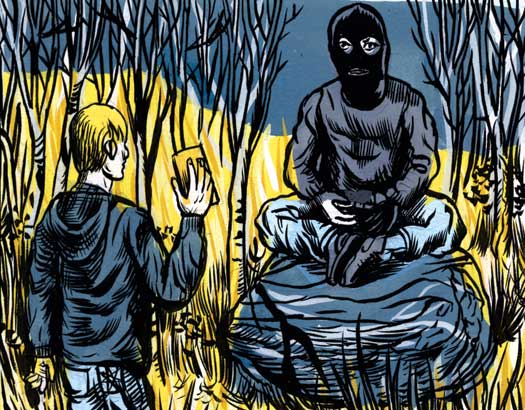Image


You should really subscribe now!
Or login if you already have a subscription.
Gary Panter is an illustrator, painter, and designer best known for his works Jimbo, Adventures in Paradise, and Jimbo’s Inferno, as well as his Emmy Award-winning set design work for the TV show Pee Wee’s Playhouse.